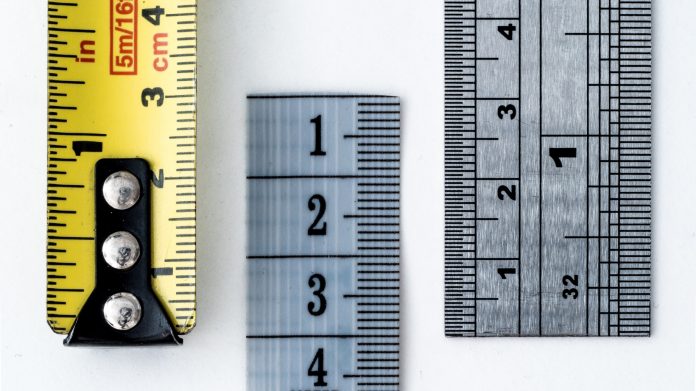The pound rallied across most of the previous session thanks to strong UK manufacturing data and hopes of a softer Brexit. However, Parliament failing to agree on a way forward for Brexit pulled the pound of its highs and sharply lower. The pound US dollar exchange rate rallied to a high of US$1.3150, before dropping back to US$1.3167. The pound moved lower in early trade on Tuesday.
| What do these figures mean? |
|---|
| When measuring the value of a pair of currencies, one set equals 1 unit and the other shows the current equivalent. As the market moves, the amount will vary from minute to minute.For example, it could be written:1 GBP = 1.28934 USDHere, £1 is equivalent to approximately $1.29. This specifically measures the pound’s worth against the dollar. If the US dollar amount increases in this pairing, it’s positive for the pound. Or, if you were looking at it the other way around:1 USD = 0.77786 GBPIn this example, $1 is equivalent to approximately £0.78. This measures the US dollar’s worth versus the British pound. If the sterling number gets larger, it’s good news for the dollar. |
Parliament attempted to take control of Brexit for a second time on Monday. Once again, the House of Commons failed to agree on any Plan B with a majority. The closest was the option of a customs union, which almost achieved a majority with 273 votes in favour to 276 against.
With just 10 days to go until the UK is due to leave the EU, this stalemate in Parliament means Theresa May now has some difficult decisions to make. There are reports that Theresa May could try to put her Brexit deal up for a fourth vote in Parliament. Should it fail she will then need to decide between no deal, a second referendum, a general election or a long extension. Any of these options will result in resignations from her cabinet.
| Why is a “soft” Brexit better for sterling than a “hard” Brexit? |
|---|
| A soft Brexit implies anything less than UK’s complete withdrawal from the EU. For example, it could mean the UK retains some form of membership to the European Union single market in exchange for some free movement of people, i.e. immigration. This is considered more positive than a “hard” Brexit, which is a full severance from the EU. The reason “soft” is considered more pound-friendly is because the economic impact would be lower. If there is less negative impact on the economy, foreign investors will continue to invest in the UK. As investment requires local currency, this increased demand for the pound then boosts its value. |
The increasing uncertainty over Brexit will weigh on demand for the pound. All eyes will now be on the cabinet meeting today, where rumours are growing that Theresa May could push the election button.
Dollar Higher Despite Mixed Data
The dollar was broadly higher at the start of the new week amid mixed data. US manufacturing rebounded in March, picking up from a two-year low. Investors are bracing themselves for weaker statistics if the manufacturing sector is actually improving. However, US retail sales dipped lower fuelling concerns over the health of the US economy.
The mixed data supports the Federal Reserve’s patient approach for monetary policy. Whilst some areas of the US economy are holding up strong, others are not doing quite so well.
Today investors will look towards US durable goods data. Analysts are forecasting that durable goods orders declined -1.2% in February. This would indicate that consumers are nervous of spending on larger one-off items. Weak data could pull the US dollar lower.
| Why does poor economic data drag on a country’s currency? |
|---|
| Slowing economic indicators point to a slowing economy. Weak economies have weaker currencies because institutions look to reduce investments in countries where growth prospects are low and then transfer money to countries with higher growth prospects. These institutions sell out of their investment and the local currency, thus increasing supply of the currency and pushing down the money’s worth. So, when a country or region has poor economic news, the value of the currency tends to fall. |
This publication is provided for general information purposes only and is not intended to cover every aspect of the topics with which it deals. It is not intended to amount to advice on which you should rely. You must obtain professional or specialist advice before taking, or refraining from, any action on the basis of the content in this publication. The information in this publication does not constitute legal, tax or other professional advice from TransferWise Inc., Currency Live or its affiliates. Prior results do not guarantee a similar outcome. We make no representations, warranties or guarantees, whether express or implied, that the content in the publication is accurate, complete or up to date. Consult our risk warning page for more details.
This article was initially published on TransferWise.com from the same author. The content at Currency Live is the sole opinion of the authors and in no way reflects the views of TransferWise Inc.





